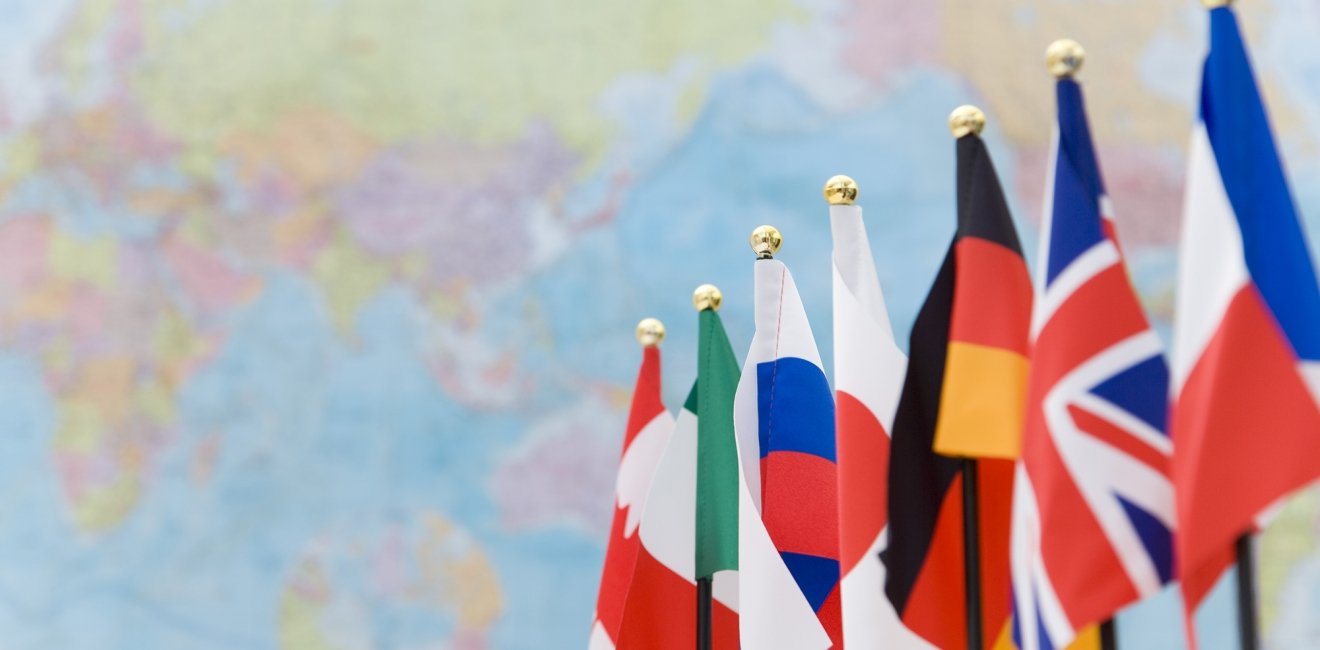
A blog of the Indo-Pacific Program
Whatever the political incentives may have been, the decision to push back the upcoming G7 summit meeting isn’t necessarily a setback unto itself. By postponing the gathering of leaders from the world’s most influential countries to autumn, it may be possible to address a broader agenda than simply focusing on the spread of the global pandemic. The problem, however, is not when it will happen, but rather the list of invitees. By expanding membership to Australia, India, South Korea, and Russia as proposed by President Trump, the G7 would exacerbate the already deep division between two key U.S. partners in Asia, not to mention the pushback from Europe in particular that would be created by Russia’s reentry.
Granted, the grouping of powerful, like-minded democracies since the end of World War II has never been static. Originally the Group of Five, it quickly expanded to become G7, and included Russia for 16 years to become the G8. The inclusion of new members would reinvigorate the group that has been facing criticisms in recent years for failing to reflect the political realities of the 21st century. In order to strengthen ties between like-minded countries should undoubtedly include expanding membership, especially after the initial success of the G20 in ensuring a steady recovery of the international economy after the 2008 global financial crisis. Leaving aside the fact that President Trump unilaterally proposed expanding membership without consulting the six other group members, the challenges of recovering from the pandemic would undoubtedly benefit from a revised representation of countries leading the charge.
In Asia, too, differences in assessing the degree of the China threat could lead to a greater division among like-minded countries.
Pushing back against China and the security as well as economic threats it poses is ostensibly one of the key factors that should unite the group, or so the White House would argue. Yet not only is Moscow unlikely to share that perspective, its strategic coercion to undermine the United States is more in line with Beijing’s playbook than with any other country. In Asia, too, differences in assessing the degree of the China threat could lead to a greater division among like-minded countries. To be sure, Japan, which remains the sole G7 member country to date, has stepped up efforts to decouple from China since the outbreak of COVID-19, not least through pushing for Japanese companies to relocate outside of China back to Japan or another part of Asia. Yet the fact remains that Tokyo’s relations with Beijing improved considerably since the U.S.-China trade war, and Japan’s ultimately aim is not to decouple from China, but rather more to redefine ties.
At the same time, expansion of G7 membership to include South Korea is hardly likely to contribute to easing of tensions between Tokyo and Seoul. Tensions between the two sides have thawed slightly during the global pandemic, with the Korean National Assembly abandoning legislation to establish a fund to compensate Koreans forced into labor under Japanese occupation in late May. At the same time, Tokyo is currently in negotiation with Seoul to lift export restrictions on three materials critical to manufacture semiconductors which was imposed last summer in the name of national security. Relations between the two of the United States’ key allies in the region remain fragile, however, and their rivalry will only be exacerbated with an expansion of the G7.
President Trump has undoubtedly highlighted an uncomfortable truth, namely that the G7 no longer reflects the global order as it once had done. Yet his solution to expand membership is likely to divide the group further at a time when greater unity to address borderless issues including dealing with a global health crisis and its economic impact is in critical need.
Author


Indo-Pacific Program
The Indo-Pacific Program promotes policy debate and intellectual discussions on US interests in the Asia-Pacific as well as political, economic, security, and social issues relating to the world’s most populous and economically dynamic region. Read more


Hyundai Motor-Korea Foundation Center for Korean History and Public Policy
The Center for Korean History and Public Policy was established in 2015 with the generous support of the Hyundai Motor Company and the Korea Foundation to provide a coherent, long-term platform for improving historical understanding of Korea and informing the public policy debate on the Korean peninsula in the United States and beyond. Read more





